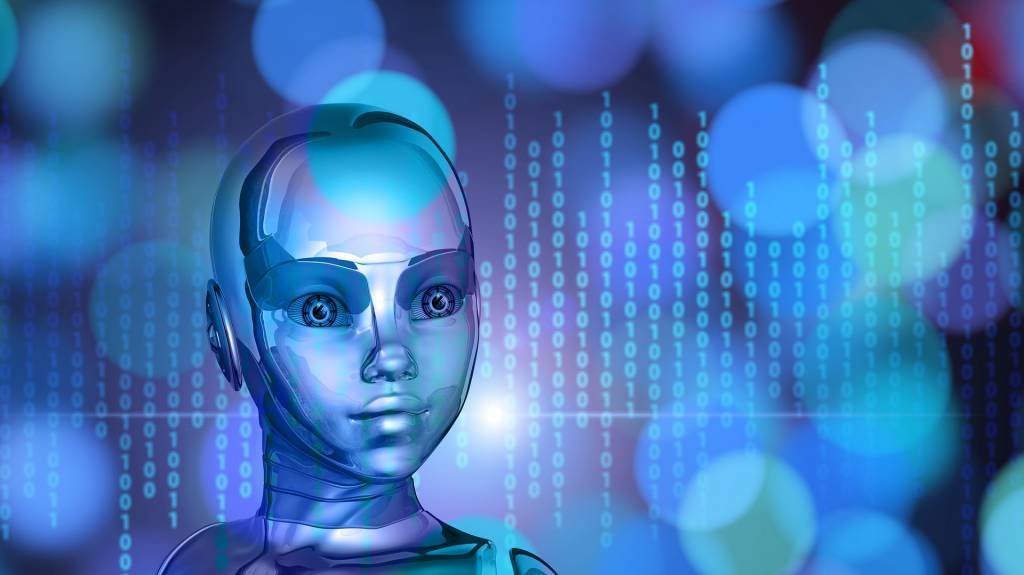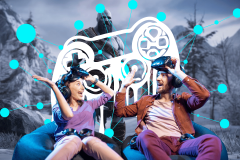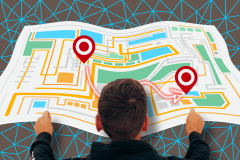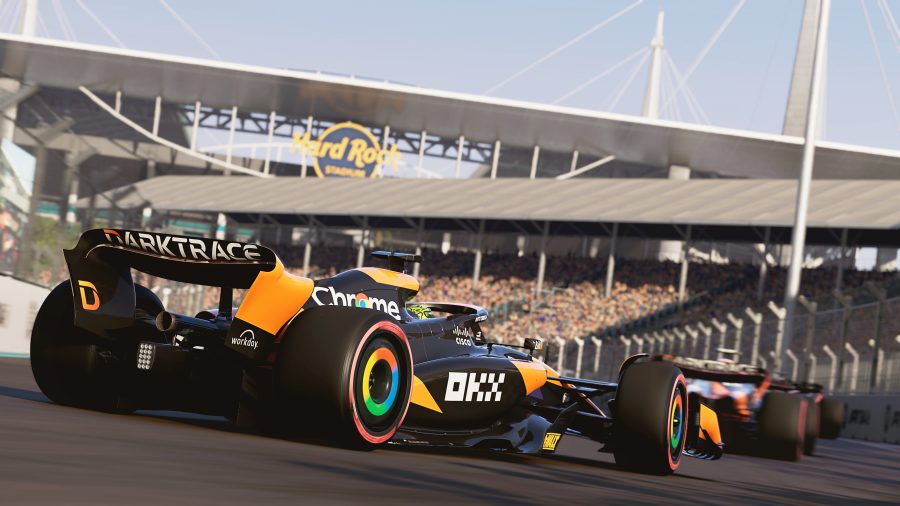Artificial intelligence (AI) technology is clearly taking the world by storm.
This technology is poised to revolutionize almost every facet of our lives—from how we purchase items to how we communicate to how we move across the world; we seem to be increasingly reliant on AI systems to move our lives forward.
Now, AI is pushing its boundaries further by encroaching into deadly territories: predicting death.
Andreybu, who is from Germany and has more than five years of experience in training people how AI works, says that “we are yet to see the full potential of employing artificial intelligence to achieve objectives that were previously unimaginable.”
What is artificial intelligence?
Simply, AI is a branch of computer science that aims to make machines simulate the human intelligence processes.
This way, an AI system can recognize commonalities in a dataset and make intelligent predictions.
AI systems usually become better at making predictions using a technique referred to as machine learning.
Since they imitate human action and rational thought, the intelligent machines can be programmed to achieve various objectives such as autonomically driving cars and identifying shopping trends.
This amazing technology has grown over the years. Currently, artificial intelligence systems are used in various fields of the economy to increase efficiency and maximize output.
AI in the healthcare sector
AI-enabled systems have been used in the healthcare industry to catapult its growth. Recently, Google created an AI that can be used to predict a patient’s death—astonishingly.
To develop the intelligent system, the tech giant collaborated with other experts from The University of San Francisco, California, The University of Chicago Medicine, and Stanford Medicine.
Surprisingly, Google claims that the AI can predict when a patient might die more accurately than other traditional models used by doctors.
How the Google AI works
Google published the results of trying out the death prediction AI in a journal article in May 2018.
The system works by chewing up data about various details of a patient such as age, gender, ethnicity, previous diagnosis, present signs, and laboratory results.
What’s more, the system can also take data buried on charts and PDFs and use it for making predictions.
After testing the algorithm, Google found out that it could make death predictions with an astonishing accuracy level of 95%, which is 10% more accurate than the traditional models.
In one of the case studies, the Google AI software crunched about 176,000 data points of the records of a woman with metastatic cancer and pronounced that she had a 19.9% chance of dying in the hospital. The doctors at the hospital had given her a 9.3% chance of dying.
Amazingly, as predicted by the AI software, the woman died after two weeks—beating the doctors at their own game.
Although the Google’s AI may not be perfect at predicting deaths, it would continue to perform better as it is ‘taught’ with more data.
Therefore, if this breakthrough healthcare technology is improved, it can reduce human error in medicine and lead to more lives being saved.
Wrapping up
Google’s artificial intelligence technology can assist medical professionals to improve diagnosis and make better decisions, ultimately leading to enhanced patient care.
So, the next time you visit the hospital, please ask if they can run the AI algorithm against your records and assess your chances of survival.
Would you take that bold step?
Please let us know in the comment section below.


























